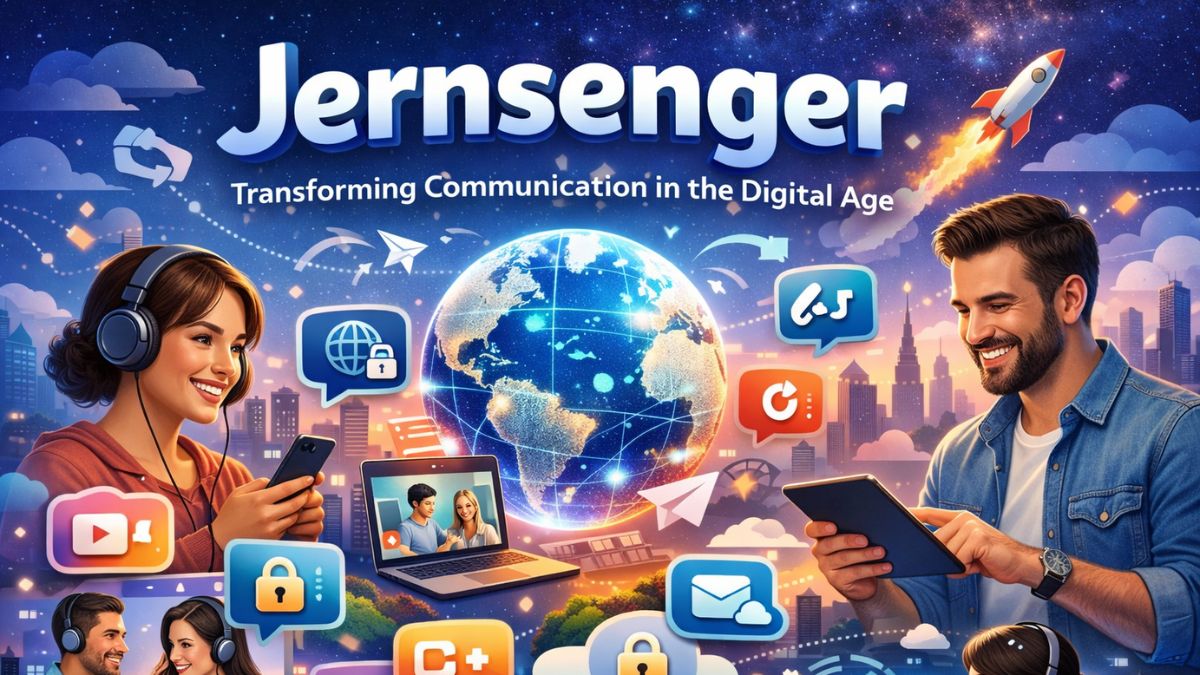Cevurı, In our increasingly connected world, language should be a bridge — not a barrier. Yet for millions, the internet still feels segmented by linguistic silos. This is where Cevurı steps in.
Cevurı (pronounced che-voo-ree) isn’t just another translation app. It’s an open-source, decentralized translation protocol that uses AI, community input, and blockchain verification to make cross-language communication faster, fairer, and more human.
But to understand what makes Cevurı special, we need to ask: Why hasn’t translation kept up with the rest of our technology?
Why We Still Struggle with Translation in 2025
Despite huge advances in AI, translation remains tricky:
-
Context gets lost.
-
Slang and idioms confuse machines.
-
Cultural nuances disappear.
-
Biases in datasets reinforce stereotypes.
Most translation tools rely on centralized AI models owned by tech giants. These tools are good — but they’re still black boxes. We don’t know how they process language, where they source their training data, or how they handle ambiguity.
Cevurı was built to fix that.
What Is Cevurı?
Cevurı is a decentralized AI-powered translation protocol designed to:
-
Translate content in real time
-
Learn from community feedback
-
Validate translations via smart contracts
-
Respect privacy and data sovereignty
Built on blockchain and federated AI, Cevurı combines the speed of neural translation with the accuracy of human correction, giving users the best of both worlds.
Think of it as Wikipedia meets DeepL, but owned by the community — not a corporation.
The Heart of It: Human-AI Collaboration
Cevurı doesn’t try to replace human translators. It partners with them.
Here’s how:
-
AI provides a fast first-pass translation.
-
A network of volunteer editors and native speakers refine it.
-
Changes are recorded on the blockchain, making every correction traceable and transparent.
-
Over time, the system learns from its users, improving organically.
It’s not about chasing perfection — it’s about building a system that respects human nuance and community effort.
Why Decentralization Matters
Language is political. Who controls a translation tool decides:
-
How culture is interpreted
-
Whose dialect is considered “standard”
-
Which terms get filtered or suppressed
With Cevurı’s decentralized structure:
-
No single company or government controls the platform.
-
Users vote on key updates, language rules, and moderation guidelines.
-
Data is stored across a global network, not one server farm.
That’s not just tech-speak — it’s about democratizing digital language access.
Real-World Use Cases
🌍 Multilingual Journalism
Cevurı allows citizen journalists to publish in multiple languages, with verified, community-approved translations — no censorship, no misinterpretation.
🎓 Education & Research
Academics can translate complex papers collaboratively, preserving context and terminology through domain-specific glossaries.
📱 Apps and APIs
Developers use Cevurı’s open API to add real-time, bias-resistant translation to messaging apps, forums, and help desks.
🎮 Gaming and Subcultures
Gamers and niche communities finally get localization support for in-game content, mods, and slang-heavy forums.
How It Works (Simplified)
-
A user submits text for translation.
-
The AI model translates using a trained neural engine.
-
Community validators review and improve the translation.
-
Edits are logged using a smart contract, creating an immutable version history.
-
The best-rated version becomes the “live” translation — while alternatives remain accessible.
Users earn CevTokens for meaningful contributions — making translation not just collaborative, but rewarding.
Community is the Core
What makes Cevurı powerful isn’t the tech — it’s the people behind it.
From:
-
Language teachers in Kenya
-
Students in Brazil
-
Poets in Istanbul
-
Coders in Berlin
…the platform grows not through investment dollars, but through collective care.
It’s not about perfection. It’s about progress. Together.
Challenges and Criticism
No system is perfect, and Cevurı is no exception.
-
Latency: Human-in-the-loop means slightly slower final outputs.
-
Token farming: Some users game the reward system by submitting mass low-effort edits.
-
Dialect debates: Local vs. global language standards often spark intense arguments.
But with transparent governance and open discussion, Cevurı is learning — just like its users.
Why It Feels So Human
Cevurı brings back something that’s been lost in tech:
The feeling of being part of something bigger than a product.
It feels like:
-
Helping someone understand a joke in another language.
-
Watching people vote on the right word for “love” in their dialect.
-
Seeing a translated poem keep its rhythm — because a human cared enough to fix it.
In a world of AI-generated everything, Cevurı feels real.
The Future: What’s Next for Cevurı?
The roadmap includes:
-
Speech-to-speech translation with real-time community correction
-
Sign language avatars trained using motion AI
-
Offline translation modules for low-bandwidth areas
-
Cultural tagging to preserve idioms, traditions, and context markers
Cevurı doesn’t want to be the biggest — it wants to be the fairest, most inclusive translation system on the planet.
Final Thoughts
We don’t just translate words — we translate stories, emotions, lives. And the tools we use should honor that.
Cevurı is more than just a protocol or platform. It’s a philosophy:
-
That language belongs to everyone.
-
That translation should serve people, not profits.
-
That the best tools are made with people, not just for them.
If you’ve ever felt lost reading a foreign article, misread a menu, or struggled to explain yourself in another tongue — you know why Cevurı matters.
Because in the end, understanding each other shouldn’t be a luxury.
Interested in contributing to Cevurı?
Join the open community on GitHub, follow the language rooms on Discord, or try out the browser extension in beta.
Let’s make the world a little more understandable — one word at a time.






